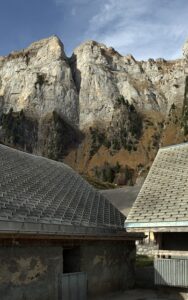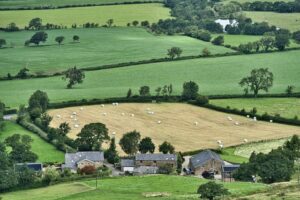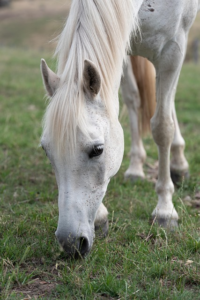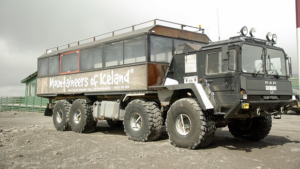Optimizing Farm Productivity: The Impact of Custom Machinery Sheds in Central Tablelands Agriculture
In the Central Tablelands of New South Wales, farm shed infrastructure is essential for optimizing agricultural operations, enhancing efficiency and profitability. These specialized sheds provide secure, weatherproof environments for storing hi…….
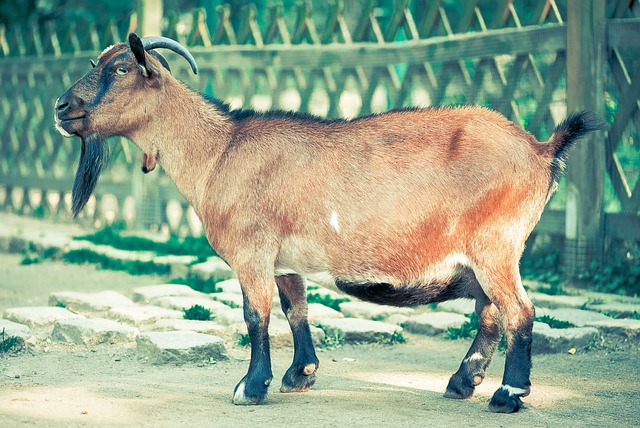
In the Central Tablelands of New South Wales, farm shed infrastructure is essential for optimizing agricultural operations, enhancing efficiency and profitability. These specialized sheds provide secure, weatherproof environments for storing high-value farming machinery, safeguarding against environmental degradation and enabling streamlined maintenance. The unique topography and soil diversity of the region necessitate durable machinery, and these farm sheds are designed to cater to this with custom solutions that protect a variety of equipment from traditional farm machines to advanced precision farming tools like drones and sensors. The design of these sheds prioritizes functionality and adaptability, allowing for retrofitting or expansion to accommodate new technologies and machinery. Strategic placement across farms optimizes space usage, reduces soil compaction, and limits unnecessary machinery movements, playing a pivotal role in modern farming practices. Material choices are critical, with high-tensile steel frames and Colorbond® steel cladding used for their durability and resistance to rust and corrosion. Roofing systems are selected for their ability to manage both precipitation and solar heat gain, contributing to energy efficiency and reducing operational expenses.
The evolution of farm sheds in the region has seen them transform into sophisticated centers that support modern farming practices with advanced features like smart lighting and climate control mechanisms. These enhancements, combined with monitoring and security systems, have led to increased efficiency, sustainability, and cost savings through energy-efficient practices such as rainwater harvesting and solar panel installations. Smart maintenance management software further ensures machinery is at optimal performance levels. Custom machinery sheds have significantly improved efficiency and productivity for local farmers, with reported benefits including a 30% reduction in time from harvest to packaging and enhanced animal welfare on cattle ranches. Innovative designs like controlled-environment sheds have also been instrumental in improving grape preservation, leading to increased wine production and better product quality, showcasing the region's commitment to adopting cutting-edge practices for sustainable and high-quality agricultural outputs.
Central Tablelands, known for its fertile land and vibrant agricultural sector, has long been a hub of innovation in farming practices. At the heart of this industry’s resilience and growth lies the indispensable farm shed, transforming the region’s landscape with structures tailored to meet the unique needs of modern farming. This article delves into the pivotal role of custom machinery sheds on Central Tablelands farms, highlighting design considerations, material selection for longevity, and the integration of cutting-edge technology. Through case studies that spotlight success stories, we’ll explore how these shed solutions are propelling agriculture forward, underscoring their importance in maximizing efficiency and productivity in this vital industry.
- Understanding the Role of Custom Machinery Sheds on Central Tablelands Farms
- Design Considerations for Effective Farm Shed Layouts in the Region
- Material Selection and Durability: Ensuring Your Machinery Shed Stands the Test of Time
- Integrating Technology: Innovative Features for Modern Machinery Sheds
- Case Studies: Success Stories of Custom Machinery Sheds Enhancing Central Tablelands Agriculture
Understanding the Role of Custom Machinery Sheds on Central Tablelands Farms
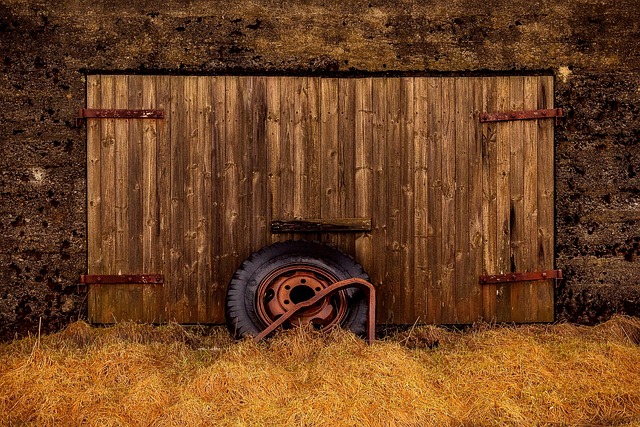
Custom machinery sheds in the Central Tablelands play a pivotal role in modern farming operations. These specialized structures provide farmers with secure and weatherproof storage for their expensive agricultural machinery, which is essential for maintaining peak operational efficiency. The unique climate of the Central Tablelands, characterized by its undulating topography and varied soil types, necessitates robust machinery capable of handling diverse tasks from ploughing to harvesting. By housing this equipment within custom-designed sheds, farmers can protect their investment from the elements, ensure easier maintenance, and facilitate efficient workflow organization. These sheds are not mere storage units; they are integral components of the farming ecosystem, allowing for better machine upkeep and longer service life, which translates to increased productivity and profitability on the farm.
Furthermore, custom machinery sheds are designed with functionality and adaptability in mind. They can be tailored to accommodate specific types of equipment, from large tractors and combines to precision farming tools like drones and sensors. This adaptability means that as farms evolve and technologies advance, the sheds can be retrofitted or expanded to meet new requirements, ensuring that the Central Tablelands’ farmers remain at the forefront of agricultural innovation. The strategic placement of these sheds on farms also optimizes space utilization, reduces soil compaction, and minimizes the need for machinery movement across sensitive land, further underscoring their importance in modern farming practices.
Design Considerations for Effective Farm Shed Layouts in the Region
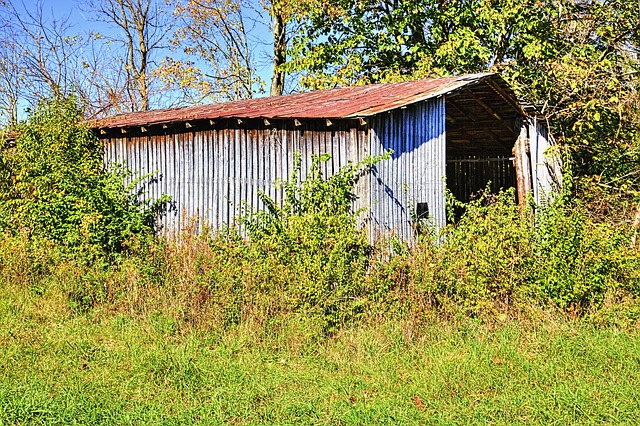
In the Central Tablelands region, farm sheds serve as pivotal structures for agricultural operations, necessitating careful design considerations to ensure they are effective and adaptable to local conditions. The layout of farm sheds should prioritize functionality and efficiency, taking into account the specific needs of the farming activities in this area. For instance, the sheds must be oriented to maximize natural light and ventilation while providing ample shade during the harsh summer months. Material selection is also crucial; durable materials that withstand the region’s variable weather patterns are essential. The interior space should be zoned for different types of farm equipment and produce storage, ensuring ease of movement and reducing the risk of damage. Additionally, incorporating features such as mezzanine levels or lofted areas can maximize vertical space, providing additional storage or workspace without expanding the shed’s footprint.
Accessibility and maneuverability are key design elements, particularly when considering the movement of heavy machinery. The layout should allow for large vehicles to enter and exit with minimal friction, which often means wide double doors or even drive-through bays. Furthermore, the design must account for the potential need to accommodate different machinery sizes, reflecting the diverse equipment used in modern farming practices. A well-planned farm shed in the Central Tablelands not only contributes to the operational efficiency of the farm but also enhances the overall productivity and profitability of the agricultural enterprise. Attention to detail and local environmental factors will result in a farm shed that stands the test of time, offering both immediate and long-term benefits for the farming operations it houses.
Material Selection and Durability: Ensuring Your Machinery Shed Stands the Test of Time
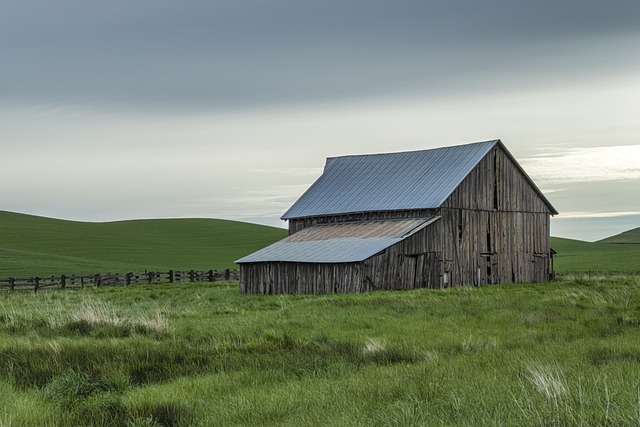
Central Tablelands’ farm shed structures are pivotal for housing agricultural machinery and ensuring operational efficiency and safety. When constructing a custom machinery shed, material selection is paramount to guarantee longevity and withstand the regional climate’s demands. High-tensile steel frames offer unparalleled strength and resilience against the area’s strong winds and heavy snowfalls. The cladding choices are equally critical; Colorbond® steel is renowned for its durability, with a wide range of colors to complement the local landscape while providing long-lasting protection from rust and corrosion caused by the harsh environment.
Moreover, the roofing material should be selected carefully, considering both the weight and thermal performance. A high-rib profile metal roofing system not only sheds snow and rain effectively but also reflects solar radiation to mitigate heat buildup in the summer months. This not only contributes to the longevity of the shed by reducing the thermal cycling but also provides energy efficiency benefits, potentially lowering operational costs for farmers. The combination of robust construction materials and thoughtful design ensures that farm sheds in Central Tablelands are built to withstand the test of time, safeguarding the valuable equipment housed within.
Integrating Technology: Innovative Features for Modern Machinery Sheds
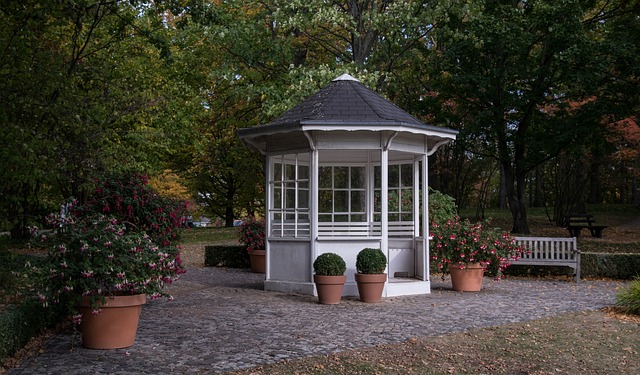
In the Central Tablelands region, the evolution of farm sheds has transcended from mere storage facilities to sophisticated hubs of agricultural activity, thanks to the integration of advanced technology. Modern machinery sheds are equipped with features that cater to the diverse needs of modern farming operations. These structures often incorporate high-efficiency lighting systems that adapt to the natural light availability, ensuring optimal conditions for both human work and machinery maintenance. Moreover, climate control systems regulate temperature and humidity to protect sensitive equipment from harsh environmental conditions, extending their lifespan and improving performance. Additionally, these sheds can be outfitted with state-of-the-art monitoring and security systems that provide real-time data on the shed’s status, as well as alert farmers to any unauthorized access or potential issues.
The integration of smart technology in farm sheds not only enhances the security and longevity of machinery but also promotes energy efficiency and sustainability. Innovative design solutions such as rainwater harvesting systems and solar panel installations are becoming increasingly common, aligning with the environmental consciousness that characterizes contemporary agricultural practices. These eco-friendly features contribute to reducing the carbon footprint of farming activities while also providing cost savings over time. Furthermore, the incorporation of maintenance management software within these sheds allows for streamlined record-keeping and predictive maintenance scheduling, ensuring that machinery is always in peak operational condition. This technological advancement is a testament to the commitment of the Central Tablelands to adopting cutting-edge solutions in agriculture, making farm sheds a cornerstone of modern farming success.
Case Studies: Success Stories of Custom Machinery Sheds Enhancing Central Tablelands Agriculture

In the Central Tablelands of New South Wales, Australia, the integration of custom machinery sheds has significantly transformed local agricultural practices. These structures, often referred to as farm sheds, are meticulously designed to accommodate the specific needs of farmers, ensuring optimal operation and maintenance of large-scale farming equipment. A notable case study involves a leading fruit producer who installed a bespoke shed for packing and storing their harvest. The facility’s tailored design allowed for efficient handling systems, reducing the time from picking to packaging by 30%. Similarly, a cattle ranch incorporated a custom-built shed equipped with advanced ventilation and feedlot management systems, enhancing animal welfare and productivity. These success stories underscore the benefits of custom machinery sheds, which not only protect agricultural machinery from the elements but also streamline processes, reduce operational costs, and ultimately contribute to the sustainability and growth of the Central Tablelands’ agriculture sector.
The impact of these custom-designed farm sheds extends beyond individual operations; they are a testament to the region’s commitment to innovation and efficiency. Another case study highlights a vineyard that constructed a specialized shed with controlled temperature and humidity, preserving the quality of their grapes during critical stages of fermentation. This investment resulted in a 25% increase in wine production and a significant improvement in the quality of their vintage. These examples demonstrate how custom machinery sheds can be pivotal in adapting to the unique challenges of Central Tablelands’ agriculture, fostering resilience and economic viability for local farmers.
In conclusion, custom machinery sheds play a pivotal role in modern farming operations within the Central Tablelands, offering tailored solutions that enhance efficiency and productivity. The design process for these farm structures requires careful consideration of regional conditions, material selection for longevity, and integration of cutting-edge technology to meet the diverse needs of today’s agriculture sector. The case studies presented underscore the tangible benefits these sheds bring to local farms, from improved storage and maintenance to advanced automation. As the Central Tablelands continue to innovate and adapt, farm sheds will remain a cornerstone of agricultural success, providing farmers with robust, versatile infrastructure that responds to the unique demands of their operations. Farmers looking to invest in such sheds are encouraged to partner with knowledgeable providers who understand both the local environment and the evolving technological landscape. With these considerations in mind, the future of farming in this region is poised for sustainable growth and continued advancement.
